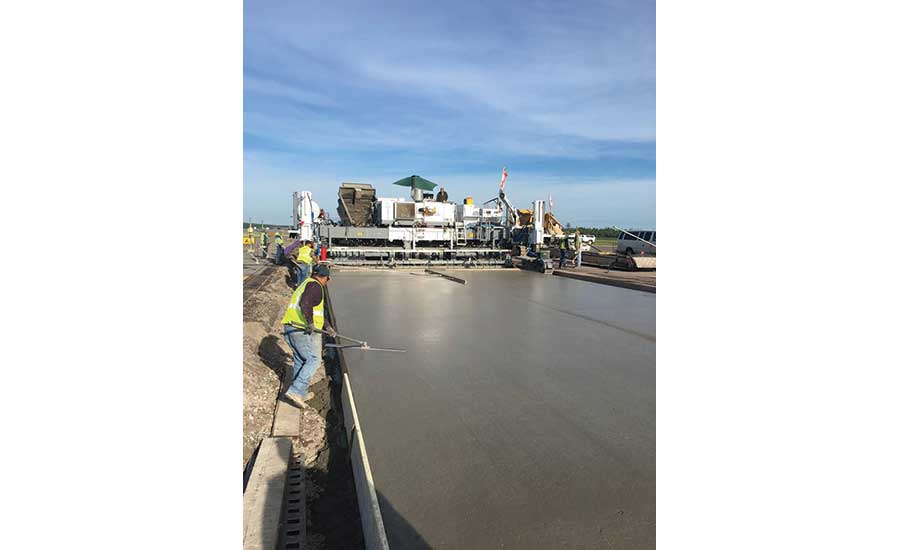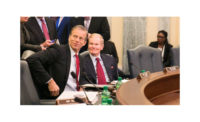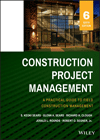A stopgap Federal Aviation Administration authorization has been moving rapidly through Congress, as lawmakers seek to avert a cutoff of new FAA airport construction grants.
The House on July 11 passed the 14- month FAA extension, and the Senate at ENR press time was poised to do the same. President Obama was expected to sign the measure by July 15, when a temporary authorization is set to lapse.
The new legislation—the product of a bipartisan deal among House and Senate transportation leaders—continues FAA funding through Sept. 30, 2017, but at 2016 levels. That means Airport Improvement Program (AIP) infrastructure grants will be frozen at this year’s $3.35-billion authorization, subject to annual appropriations.
Construction and airport officials had hoped for an AIP increase, particularly because, earlier this year, the full Senate and a House committee approved FAA bills that include hikes for the program, a key funding source for infrastructure projects. For example, an AIP grant provided 90% of the cost of the first phase of a Duluth, Minn., runway upgrade.
The Associated General Contractors of America is pleased that the extension runs through September 2017, spokesman Brian Turmail said via email. But he added, “We’re disappointed the funding level remains static. There are huge airport infrastructure needs that should be addressed. And we will be working to address those funding needs as Congress considers a longer-term measure.”
The lawmakers who crafted the stopgap, including House Transportation and Infrastructure Committee Chairman Bill Shuster (R-Pa.) and Senate commerce committee Chairman John Thune (R-S.D.), said they are committed to working on a longer-range FAA bill. But that measure isn’t likely to emerge any time soon.
The new extension also contains policy provisions. For example, it would bar operators of unmanned aircraft, or drones, from interfering with responses to emergencies, such as wildfires. It would establish new ways to detect and deal with unauthorized drone flights near airports and other “critical infrastructure,” according to the House and Senate committees’ summary. Other provisions seek to improve aviation safety and security as well as speed up screening lines at airports.
The legislation keeps the Passenger Facility Charge cap at $4.50. Airport and construction groups have long sought a hike in PFCs, another important airport-infrastructure funding stream.






